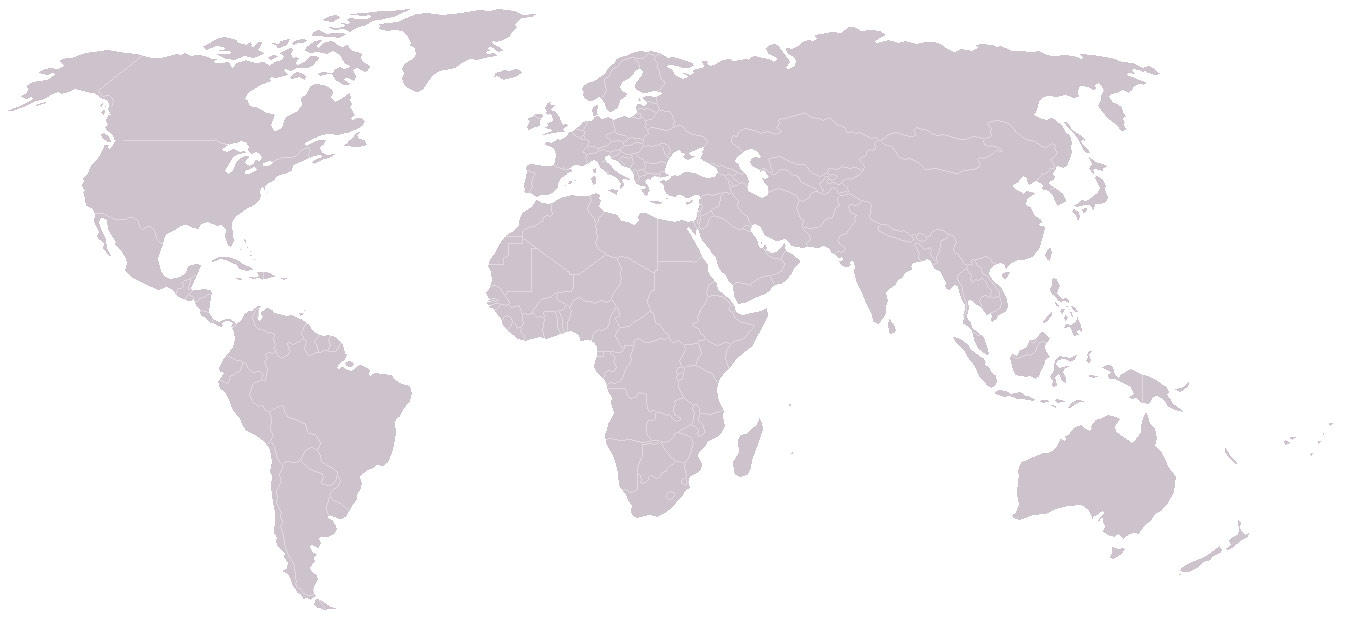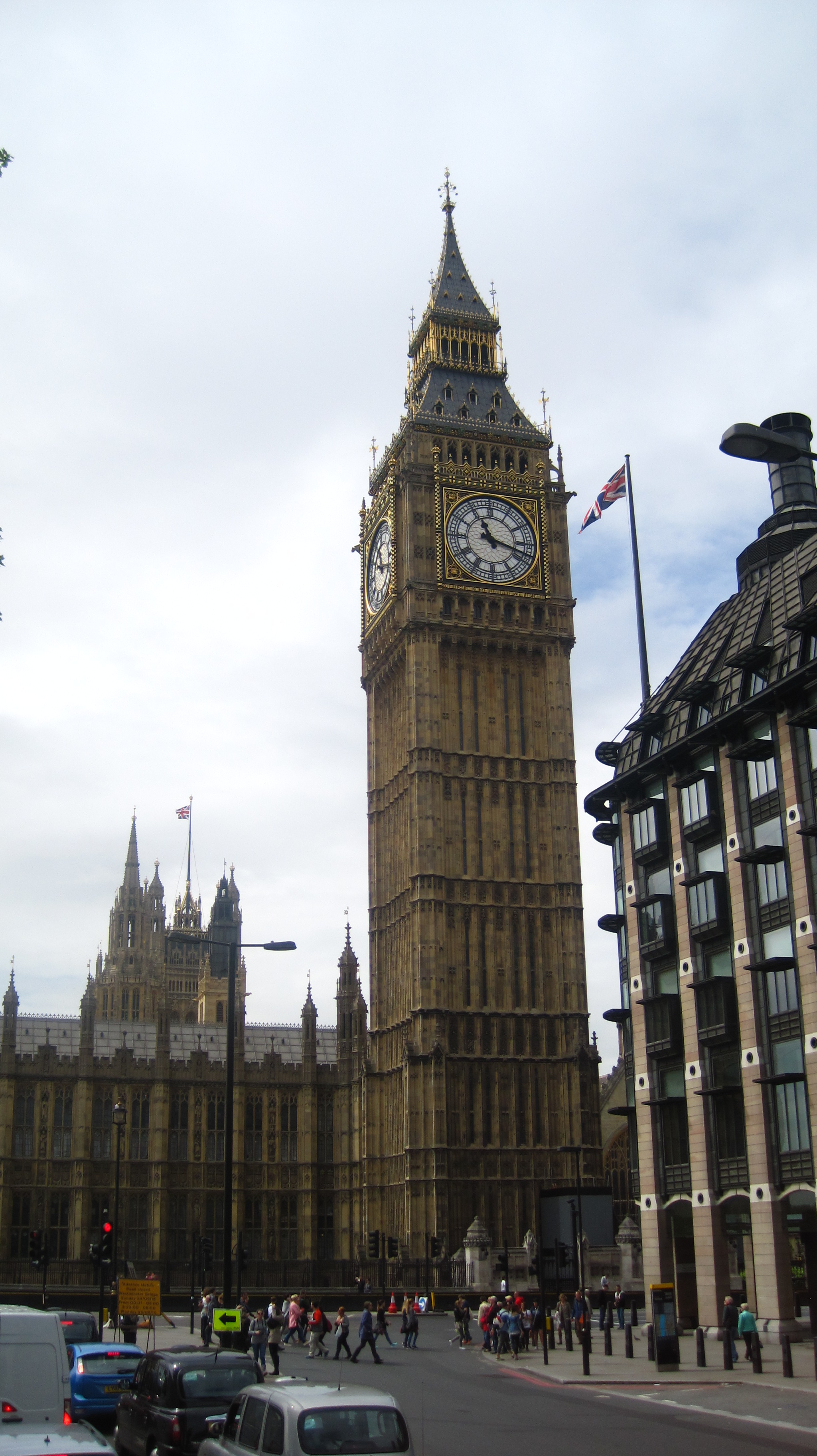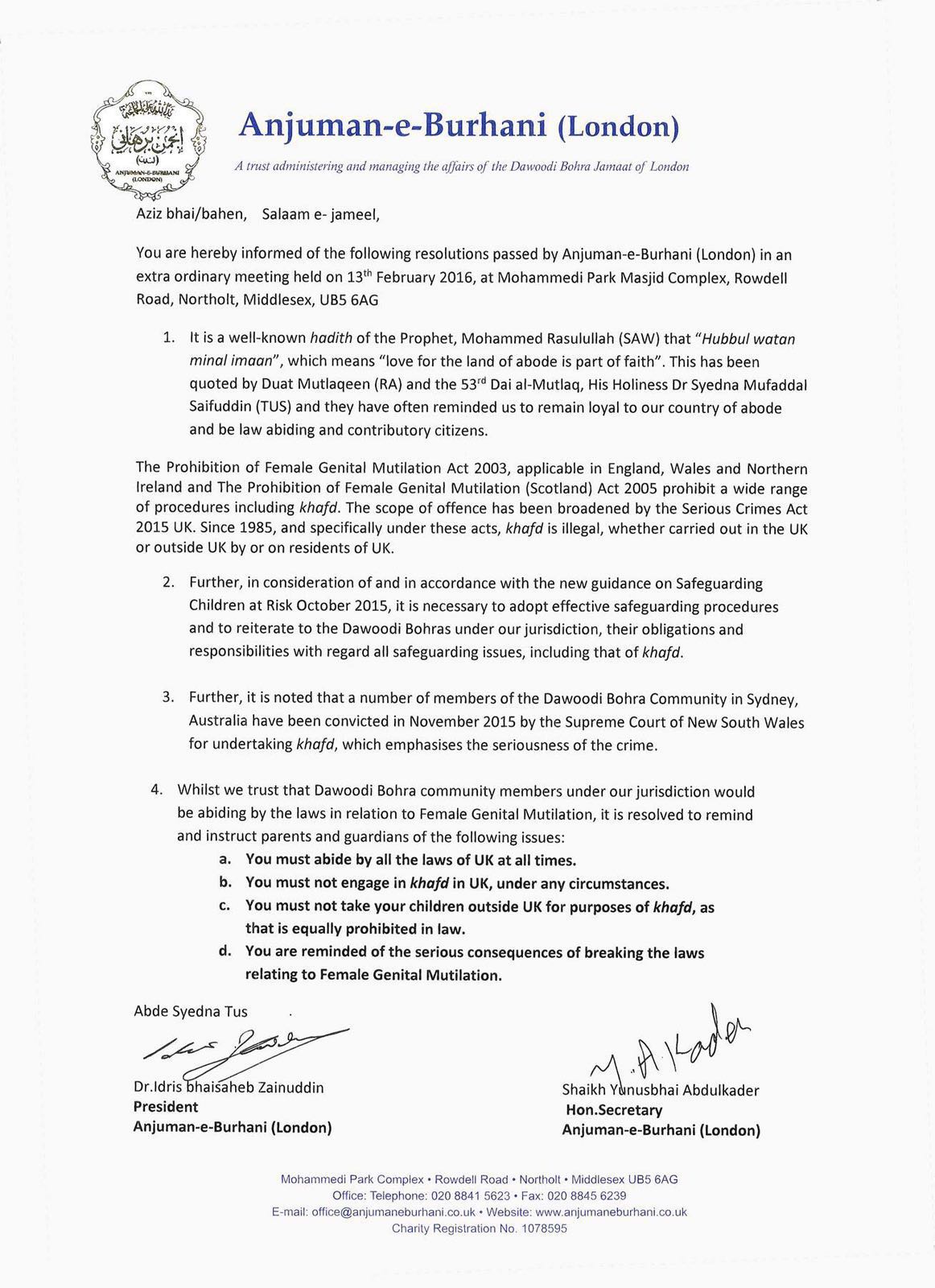(Trigger Warning: Below is the account of one woman’s experience with FGC. We thank her for being brave and sharing her story with us.)
By Fatema Kabira
Age: 19
Country: India
Seven years old. I was seven years old when they forced me to have a part of my femininity cut off. I don’t remember much from my childhood. My memories are very vague. Yet, despite my poor memory, I clearly remember the day I was circumcised. That day is a vivid memory.
My grandmother and mom told me I was going for a sitabi (a celebration for women and girls). I used to love sitabis when I was a kid. So, I got really excited and eagerly awaited going to the sitabi. I even insisted to my mom that I wear my new clothes and topi. After dressing up in my favourite clothes, I left with my grandmother and mom to go to the sitabi.
We didn’t end up attending any sitabi and instead we went to a place that was unfamiliar to me. It was an old looking building. The steps were covered with dust and were broken. I was confused why we were there. We went inside somebody’s house and were greeted by a middle-aged woman whom I failed to recognize. I asked my mom what was going on, but she ignored me. The house was small with only one room, kitchen, and a storage unit attached to the ceiling. The one room was dim and gloomy and gave out an eerie feeling. The Aunty chatted with us for a while and then went inside another room to bring something back. When she came out she had a blade and 2 or 3 other items in her hands (I can’t recall what they were). She came and sat in front of me. My mind went blank. I thought, ‘Blade?’ ‘For what?’ My grandmother then asked me to remove my pants. Innocently, I told them I did not want to use their washroom. My 7 years old brain could not comprehend any other reason why my grandmother would ask me to remove my pants. And that too in front of an unknown woman since my grandmother knows how shy I was even in front of my own mother. But I obliged to my grandmother’s request. They made me lie down and held my hands firmly to the ground. Next thing I remember is the sight of the silver blade and a sharp agonizing pain in my most intimate area. I screamed in terror. What did they do? The Aunty told me to keep quiet or she will call the “bhoot” (ghost) that stayed in her storage unit. I didn’t oblige to them this time. I screamed and yelled and tried to free myself. It was all in vain. They did what they wanted to do. It was all over. I cried all the way home. It hurt every time I urinated. The sight of the blood made me sick.
I was hurt and angry and confronted my mother about this. She told me she was under religious obligation and she did what thought was the right thing to do at that time. Fortunately, I didn’t face any medical repercussions due to the unhygienic and brutal way in which I was circumcised. But it has left a psychological impact on me. I feel disgusted, ashamed, and angry at what has been done to me. There is no reason that justifies this barbaric practice. There is no reason that justifies taking away women’s inherent physical rights and ability to experience pleasure. Young girls are scarred for life and this needs to be stopped.





